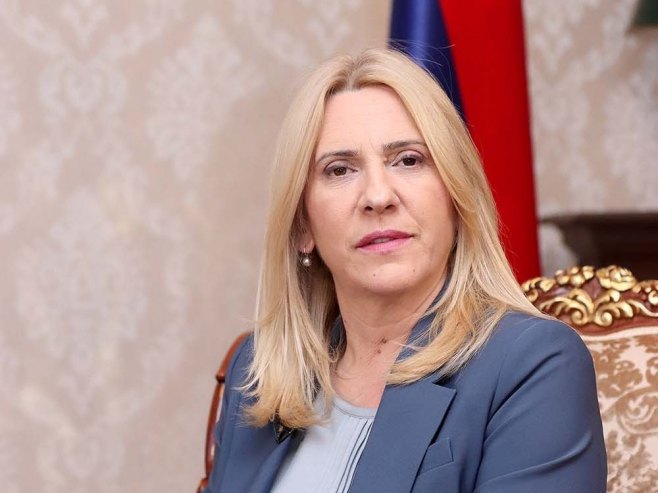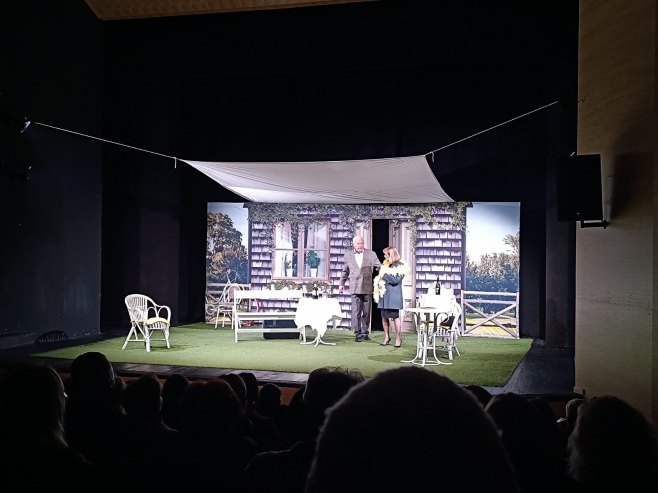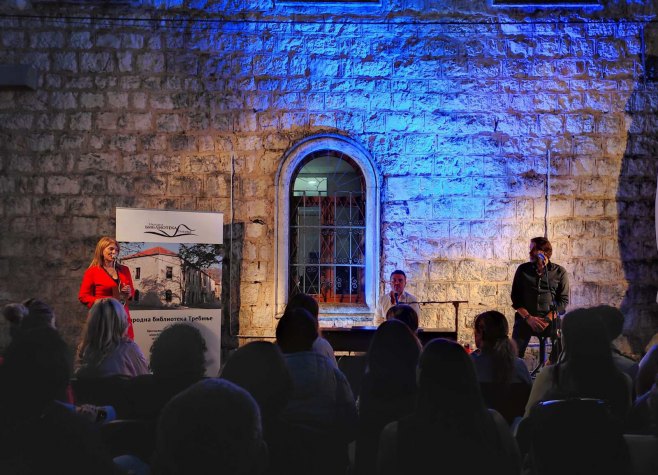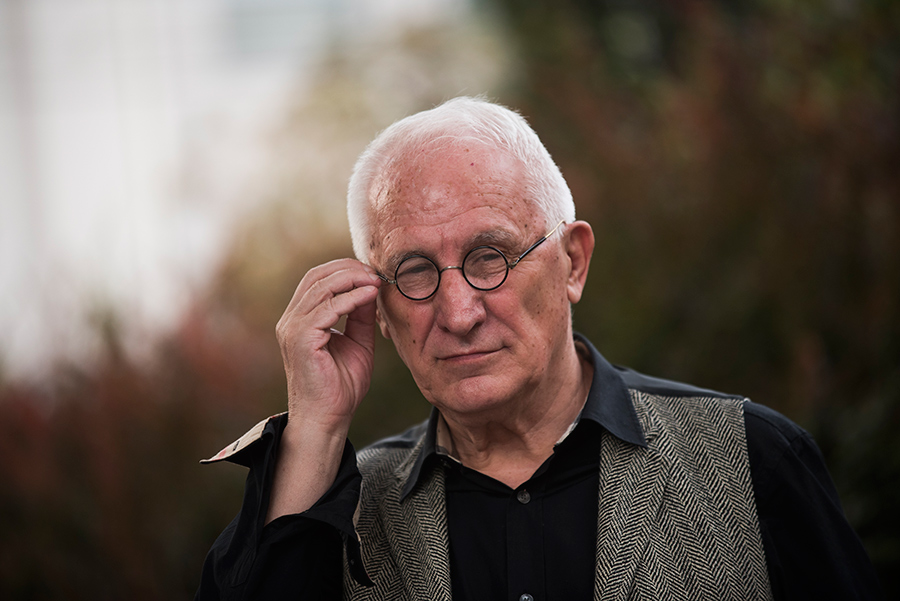The Minister for European Integration and International Cooperation of Republika Srpska, Zlatan Klokić, emphasized that forming negotiation structures in accordance with Bosnia and Herzegovina’s constitutional framework is of utmost importance for the upcoming EU accession negotiations.
“We are not saying that appointing a chief negotiator is the most important step, but that negotiator cannot act effectively without a negotiation structure, which they must also be part of,” Klokić stated in an interview with SRNA.
Klokić explained that the chief negotiator should be well-versed in the EU integration process from both political and technical perspectives, understand BiH’s constitutional framework, and have knowledge of the EU’s legal and political systems and institutional operations.
“This individual must possess excellent communication and negotiation skills, as well as a willingness to work in a team,” Klokić added.
A turbulent but successful 2024
Reflecting on the Ministry’s work in 2024, Klokić described it as a “turbulent but successful year.”
“We continued coordinating activities of republican administrative bodies in implementing EU integration initiatives, alongside drafting materials for BiH’s Integration Program with the EU. We prepared over 300 opinions on the alignment of Republika Srpska’s regulations with EU legal standards and actively participated in the implementation of EU financial instruments, while promoting EU funds and keeping potential applicants in Republika Srpska informed of available opportunities,” he said.
Training for civil servants in EU integration
Klokić highlighted the coordination of training programs for civil servants in EU integration, emphasizing the collaboration with Serbia’s Ministry for European Integration.
“Together, we organized training sessions on screening and accession negotiations,” he noted.
Strengthening international cooperation
In 2024, Republika Srpska advanced its cooperation with several countries, thanks to its representative offices and partnerships.
“We established or enhanced cooperation with regions such as Baden-Württemberg (Germany), Podlaskie Voivodeship (Poland), Saint Petersburg, Ivanovo Oblast, and Tatarstan (Russia). Additionally, we visited Val-d’Oise in France and proposed a joint declaration of intent for cooperation,” Klokić said.
The year also included a delegation from Podlaskie Voivodeship visiting Republika Srpska, accompanied by Polish business representatives. A business forum organized in cooperation with the Chamber of Commerce of Srpska brought together companies and investment fund representatives from Slovakia.
Priorities for 2025
Klokić announced that the Ministry would continue its existing initiatives and further engage its representative offices worldwide.
“Strengthening the capacities of Republika Srpska’s representative offices remains a priority. We plan to develop training programs in EU integration and improve the process of aligning our legislation with EU legal standards,” he stated.
Best partnerships with Serbia, Russia, China, and Hungary
Klokić highlighted that Serbia, Russia, China, and Hungary are at the forefront of Republika Srpska’s international partnerships.
“Our collaboration with Serbia, based on the Agreement on Special Parallel Relations, is of exceptional significance and has been consistently strong, especially over the past decade,” he said.
He also noted significant cooperation with Russia, which has expanded into various sectors, including economy, science, education, and healthcare, supported by Srpska’s representative office in Russia.
“Cooperation with China has also been fruitful, particularly with its business entities across sectors vital to Republika Srpska. We remain open to further strengthening ties in both economic and cultural domains,” Klokić added.
Hungary is another key partner, with collaborations in institutional relations and sectors such as agriculture and energy.
Engaging the diaspora
Klokić underscored ongoing efforts to strengthen ties with the diaspora, particularly in economic collaboration.
“Wherever we go, we highlight Republika Srpska’s comparative advantages for investment and institutional support throughout the investment process. Together with our representative offices, we’ve organized visits for diaspora businesspeople to discuss economic potentials and investment opportunities,” Klokić said.
Additionally, training sessions have been organized for Srpska’s businesspeople to facilitate entry into European markets, enabling local companies to establish successful partnerships with international businesses, including those owned by diaspora members.
Source: RTRS









